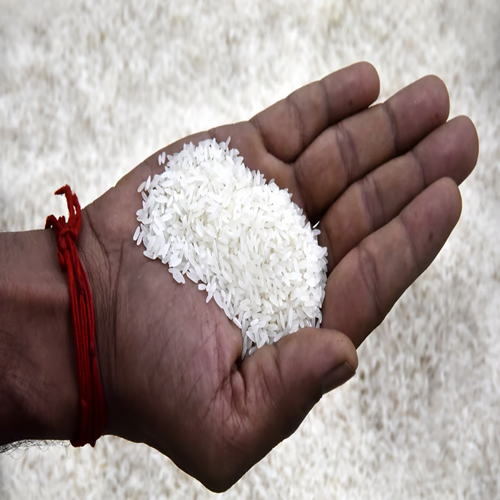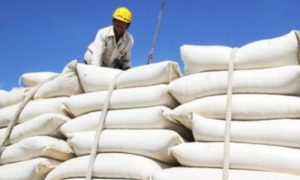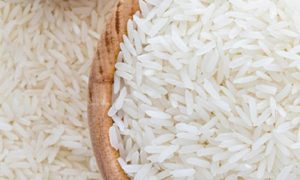Government concern over rice inflation in election year

NEW DELHI: The Union government has come all out to control rice inflation in election year. The retail price of rice has increased around 15% over the past year and has been a cause of concern for the government in the upcoming general election.
Besides starting selling of rice through cooperatives, It has also directed traders, wholesalers, retailers, processors, millers for stock disclosure of Rice and paddy. However, the government has also decided not revisit export regulations on essential commodities.
The Department of Food and Public Distribution has directed all legal entities (i.e. traders, wholesalers, Retailers, etc.) to declare stock position of all Paddy and Rice categories within seven days of issue of the order.
The order was to declare the stock position of all Paddy and Rice in categories such as Broken Rice, Non-Basmati White Rice, Parboiled Rice, Basmati Rice, and Paddy to be updated every Friday on the government website.
Further, the government has decided to start retail sale of ‘Bharat Rice’ to general consumers. In the first phase, 5 Lakh Metric Tonnes(LMT) of rice has been allocated for retail sale under the ‘Bharat Rice’ brand through three agencies – NAFED, NCCF and KendriyaBhandar along with mobile vans.
The government has fixed the retail price for sale of Bharat Rice to general consumers is Rs. 29/kg and would be sold in 5 Kg and 10 Kg Bags.
“The domestic prices of rice are increasing despite a good crop this Kharif, ample stocks with FCI and in the pipeline and various regulations in place on Rice exports,” said Sanjeev Chopra, Secretary Department of Food and Public Distribution.
“The retail prices have increased by 14.51% over the past year and we have taken a series of efforts to curb the prices of rice” he further said.
The government has taken a series of steps to increase the supply of rice in the open market. It has revised export policy and reduced the reserve price of rice.
The export policy of Broken Rice was amended from “Free” to “Prohibited” on 9 September 2022. The government has imposed a 20% export duty on Non-Basmati Rice which constitutes about 25% of total rice export. Subsequently, the Export Policy of Non-Basmati White Rice was amended to ‘Prohibited’ with effect from 20 July 2023.
In Basmati Rice, the contracts for Basmati exports with the value of USD 950 per MT are fixed. Recently, the government has imposed 20% export duty on parboiled rice till 31 March, 2024.
Besides export policy, the government has also reduced the Reserve Price of rice from Rs. 3100/ quintal to Rs. 2900/quintal and increased the minimum and maximum limit quantity of rice.
In case of wheat and Atta, the all-India average domestic wholesale and Retail price is showing decreasing trend over a month and year after the govt has sold 75.26LMT wheat under open market sale scheme.
However, Chopra made clear that there is no proposal to revisit export regulations on essential commodities.
Source Link: https://www.newindianexpress.com/business/2024/Feb/02/government-concern-over-rice-inflation-in-election-year














